Jun
23
What are the costs of Distributed Ledger Technology (DLT) Blockchain for Business Apps?
We are now at a technology tipping point where the application of blockchain technology is feasible for businesses and startups.
The cost of implementing Blockchain applications has reduced through vendor support in the form of Blockchain as a Service (Baas) and open source libraries. However, care should be taken before diving into implementing a project using Blockchain, as a number of hidden costs and variables must be carefully examined.
What is Blockchain?
You can read the comprehensive definition of Blockchain on Wikipedia; however, Dr Mark Staples (Data61) eloquently distills the essence of a Blockchain to simply, “A distributed database and a computational platform”. From a software engineering perspective, Blockchain is a logical progression to a dependable software system for data and computing, particularly for applications where the integrity of data and the distribution of trust is important.
Distributed Ledger Technology (DLT) or Blockchain has become possible due to the vast number of computers connected through the Internet and Cloud technologies. The mechanism that makes a distributed database a blockchain is the concept of an encrypted block chained to a previous block in a continuous list. Only when linked and processed by a sufficient number of blockchain hashes that the block content is considered trusted. This is because once the block is mirrored over a vast network of computers it cannot be destroyed and it cannot be altered; any such tampering would be rejected from the chain.
This era of blockchain technology has also given rise to crypto-currencies (i.e. Bitcoin, Ethereum) and most importantly, from a socio-legal perspective, to the application of cryto-currencies to smart contracts and distributed autonomous organisations (DAO).
Blockchain Costs
The decentralisation of Blockchain effectively means ‘owned by nobody and owned by everyone’, the precise appeal of a distributed ledger. From the results of data processing simulations Dr Staples concludes that,”the cost of distrust is expensive”. The added integrity a distributed ledger offers comes at a cost, in the form of privacy, latency, and the economic and energy costs of processing on the blockchain. The public Blockchain is just one of many options available. Hyperledger (IBM) and other private distributed ledger technologies are alternatives offering a hybrid of the trade offs. Not all the data of a transaction payload need be on the blockchain. Software architects can design a combination of on-and-off blockchain components to enjoy the benefits without the drawbacks.
A Viable Use Case: Smart Contracts
A smart contract is a computer program that verifies and executes the terms of a contract upon the achievement of certain pre-defined events (triggers). Consumers are likely to encounter Blockchain through crypto-currencies, whereas the application of smart contracts are more likely to be implemented by businesses and less visible to the consumer. For example: banking transactions may be settled on the blockchain occurring across international boundaries in seconds rather than in days. The consumer may not even be aware of smart contracts; yet will experience their benefits.
Particularly in the case of settling an escrow agreement, a smart contract is considerably cheaper than conventional business alternatives.
ICO or IPO?
Initial Coin Offerings (ICOs) have recently surpassed venture capital funding (see chart below). The risk for founders and promoters of ICOs is in investors interpreting offers as equity or securities. Financial service and corporate regulators are yet to announce guidelines in this area. Despite the regulatory uncertainty, better ICO pioneers are taking a cautious approach of trading the initial crypto-tokens as a pre-payment for later service (eg: Storj).

http://www.coindesk.com/ico-investments-pass-vc-funding-in-blockchain-market-first/
If not approached correctly, the cost of creating or promoting an ICO could be a prison sentence. So before you consider creating your own ICO you should speak to Dr Adrian McCullagh, a lawyer and researcher with interests in Blockchain, DAO and identity management to become fully informed of the legalities behind this murky minefield.
Preparing a Business Case for Blockchain
If you are assessing the application of Blockchain in your organisation, ensure your project warrants the use of this still relatively new technology. Perhaps, all you need is a distributed database. Blockchain has a clear value proposition in the areas of decentralisation, trust and speed; however, note that these too are variables to be offset against other costs such as security, processing and energy costs on the blockchain.
Presently, we are in the early stages of applying Blockchain technology to one of our projects at Envisage Apps. We trust these learnings will benefit future clients interested in applying these innovative technologies to their own business ventures.

